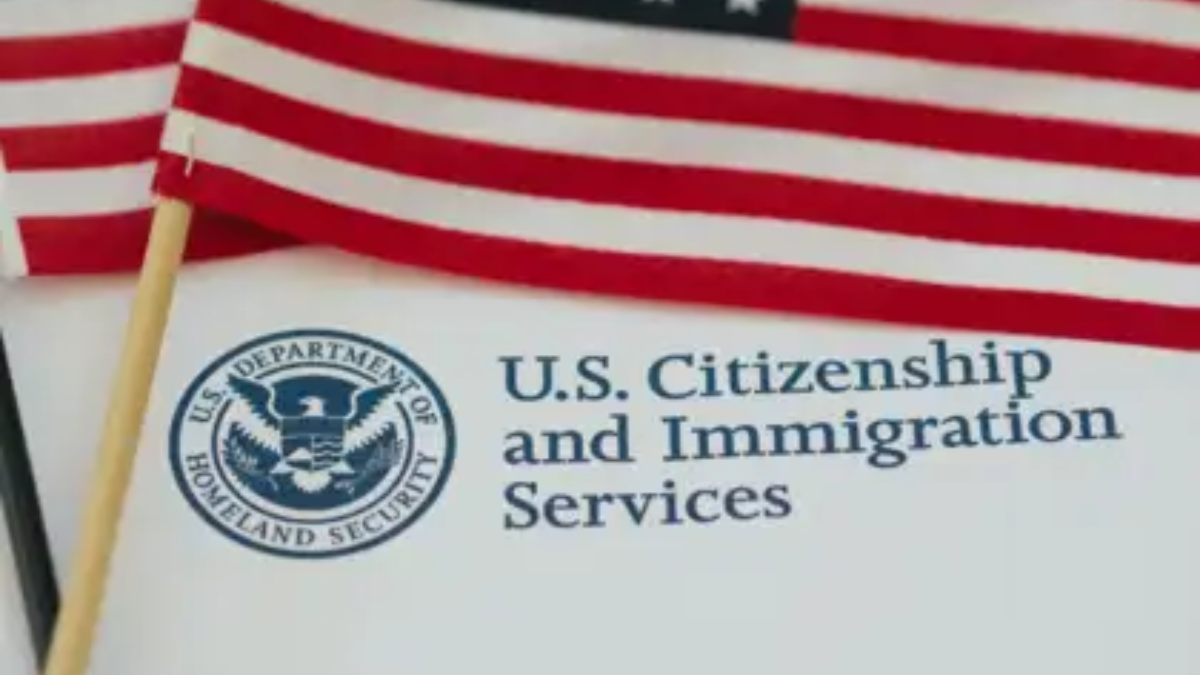USCIS Policy Update: Stricter Enforcement Against False Citizenship Claims & Immigration Fraud
This USCIS policy revision signals a heightened enforcement environment, making it critical for all immigrants to ensure absolute accuracy and honesty in their applications to avoid severe legal repercussions.

Subscribe to our newsletter and stay informed about latest H1B news, policy updates and and other developments.
Article Summary
USCIS has issued a new warning and revised its Policy Manual (Volume 8, Part K, Chapter 2) to enforce severe consequences for foreign nationals making false claims to U.S. citizenship. Effective immediately, this update supersedes prior guidance that allowed defenses based on an alien's knowledge or legal capacity, referencing the 'Matter of Zhang' decision. The agency emphasizes its restored screening and vetting capabilities to detect and deter immigration fraud.
Original Article: financialexpress.com
[ Sentiment: neutral | Tone: factual ]
This summary and analysis were generated by TheNewsPublisher's editorial AI. This content is for informational purposes only; it does not constitute legal or immigration advice.
[ Sentiment: neutral | Tone: factual ]
This summary and analysis were generated by TheNewsPublisher's editorial AI. This content is for informational purposes only; it does not constitute legal or immigration advice.
TNP AI: Key Insights
This policy update is crucial for skilled professionals and their employers as it underscores the USCIS's zero-tolerance stance on any misrepresentation, even if perceived as unintentional. It highlights the importance of meticulous accuracy in all immigration filings, as any false claim, regardless of intent, can now lead to severe inadmissibility consequences for visa holders and green card applicants.
Historically, prior guidance allowed defenses to false citizenship claims based on an alien's knowledge or legal capacity, particularly before the *Matter of Zhang* decision. This new USCIS policy manual revision explicitly supersedes that prior guidance, effectively removing potential loopholes for such claims and tightening the legal framework.
For individuals, this means a significantly higher bar for proving innocence if accused of a false claim, potentially leading to denial of benefits or even removal from the U.S. For employers, it reinforces the need for robust compliance checks and clear communication with foreign talent regarding the seriousness of all immigration-related declarations, mitigating risks to their workforce.
This stricter enforcement posture is likely to result in increased scrutiny of applications and potentially more denials or challenges for individuals whose past actions might have been previously defensible. It also sets a precedent for how USCIS might approach other forms of perceived immigration fraud in the future, signaling a broader commitment to system integrity.




